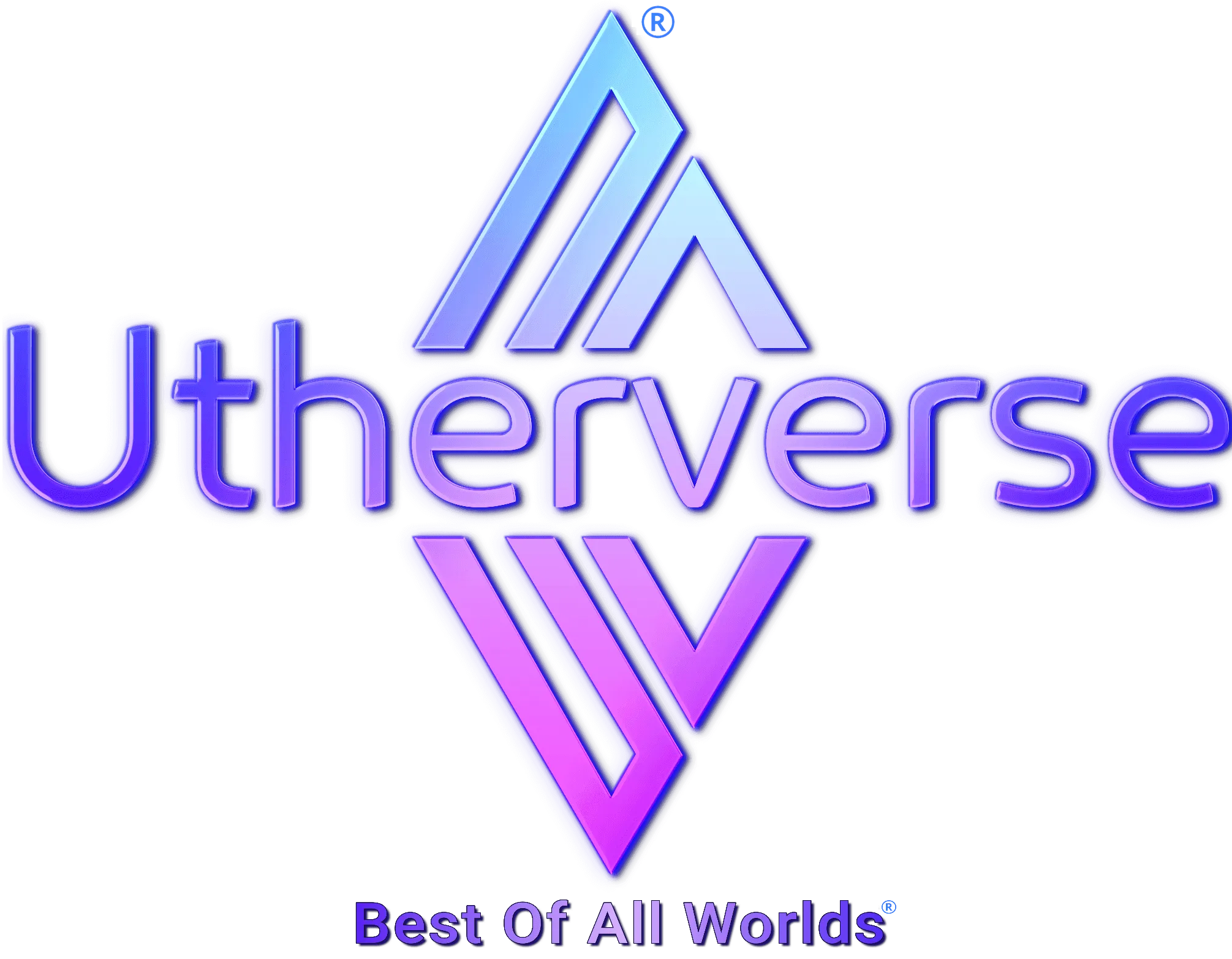
Earthlings.land
Earthlings.land is Earthlings.land is an open-world game set 400 years in the future featuring a steampunk-inspired fantasy world. Its first map spans 460 square kilometers of European inspired forests, floating islands, ancient ruins, and a bustling cityscape called New Paris.
Players are invited to dive into immersive quests, battle enemies, and enjoy fast-paced fun in a family-friendly gaming environment complete with a bespoke battle royale mode. The platform offers users the opportunity to engage with unique in-game items through Non-Fungible Tokens (NFTs).
Ownership of Earthlings.land NFTs translates to owning in-game items which can be collected and traded with fellow gamers. The in-game items are part of a dynamic economy where players can own land and take on roles such as mayor, shop owner, or airship captain.
Earthlings.land employs a dual token model featuring the $STEAM and WATER tokens built on the Hedera blockchain. The $STEAM token acts as the lifeblood of the ecosystem, fueling in-game interactions and adoption. While WATER serves as a utility token strengthening the value of $STEAM.
Project Information
Related Projects

Utherverse is a metaverse platform that enables developers to build interconnected virtual worlds. Based in Vancouver, Canada, the company provides tools for creating hyper-realistic, immersive experiences for consumers and offers opportunities for businesses to market and monetize their products and services within these virtual environments.
Its core services are centered around its metaverse-as-a-service offering. This includes a proprietary Web3 browser and metaverse search engine called Xaeon, which allows users to navigate and explore the "Virtual World Web". The Utherverse ecosystem is designed to support a wide range of business verticals, from virtual retail and entertainment to education and corporate offices. A key feature is the platform's robust virtual economy, which has processed billions of transactions and is powered by the native token, UTHR.
The platform also supports the creation and trading of functional NFTs (fNFTs), which are digital assets with in-world utility. Utherverse has a direct integration with the Hedera network, which is a core component of its transition to a Web3 architecture.

Coinomi is a multi-asset cryptocurrency wallet launched in 2014, making it one of the oldest multi-chain wallets available. It offers a non-custodial solution giving users full control over their private keys. Coinomi is designed to support a multitude of digital assets including over 1,770 cryptocurrencies and tokens across more than 125 blockchains, including major names like Bitcoin, Ethereum, and Solana, as well as numerous altcoins and tokens.
It is available on both mobile (iOS and Android) and desktop (Windows, macOS, Linux) platforms. Key security features include strong wallet encryption with hierarchical deterministic (HD) backups featuring BIP44 algorithmic security. For privacy, Coinomi eschews know-your-customer requirements for accessing funds and records no IP associations, identity linking, or transaction tracking. Furthermore, its servers anonymize user requests by default.
The Coinomi wallet integrates built-in cryptocurrency exchange services through partnerships with platforms including Changelly and ShapeShift, allowing users to swap between different assets directly within the app. It also supports SegWit for Bitcoin and other compatible coins, enabling faster confirmations and lower transaction fees. Its services are free to use (users only pay standard network transaction fees to miners).

Capture, by Numbers Protocol, is a Web3 camera application designed to combat digital fraud and establish verifiable provenance for photos and videos. It functions as the primary creation tool for the Numbers Protocol network, allowing users to generate digital media that is authentic, traceable, and secure from the moment of creation. The app is targeted at content creators, photographers, journalists, and anyone concerned with the integrity and ownership of their digital work in an age of AI-driven misinformation.
When a user takes a photo or records a video with the Capture App, it automatically embeds the content with rich, tamper-proof metadata. This includes critical information such as the creator's identity, a secure timestamp, and geolocation data. This entire package is then registered on a blockchain, creating an immutable "birth certificate" for the asset. This process adheres to the C2PA (Coalition for Content Provenance and Authenticity) standard, ensuring a high degree of trust.
This "Capture-secured" content provides a clear and verifiable history that travels with the asset, allowing anyone to confirm its origin and view any subsequent edits. Furthermore, the app provides a seamless, one-click process for users to mint their verified content as non-fungible tokens (NFTs) on various blockchains.

Exodus is a non-custodial cryptocurrency wallet company founded in 2015. Headquartered in Omaha, Nebraska, the firm is dedicated to providing a user-friendly and secure platform that gives individuals full control over their digital assets.
The company's primary product is the Exodus Wallet, a multi-asset software wallet available on desktop and mobile platforms. It allows users to securely store, manage, and exchange a vast array of cryptocurrencies, including Bitcoin, Ethereum, and over one hundred others. Key features include a built-in exchange for seamless asset swaps, portfolio tracking, and the ability to earn rewards through staking. A central tenet of the Exodus platform is its "zero-knowledge" security model, which means that user data and private keys are encrypted and stored locally on the user's device, ensuring that only the user has access to their funds.
Exodus provides full support for Hedera's native cryptocurrency, HBAR, allowing users to create a Hedera account, send, receive, and exchange HBAR directly within the app.
